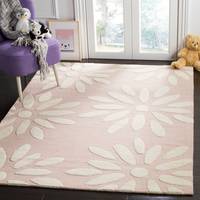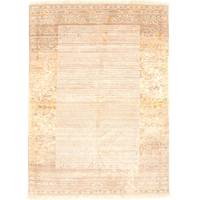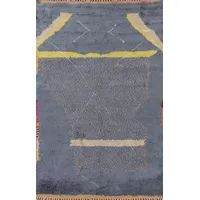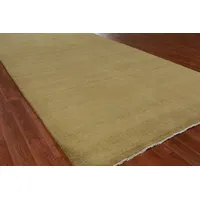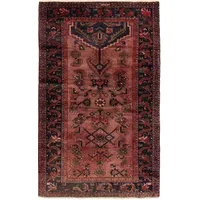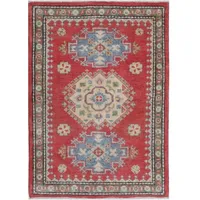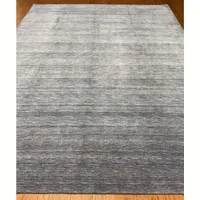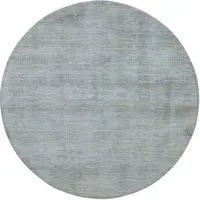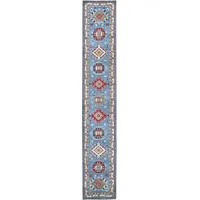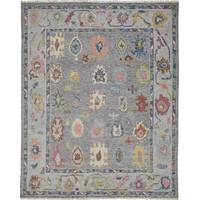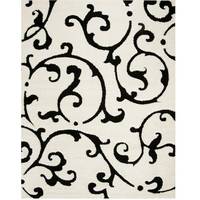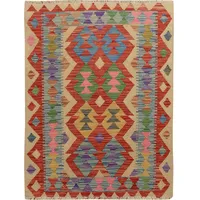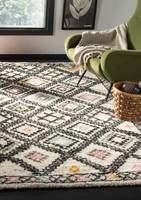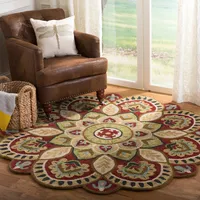Herat Oriental Handmade One-of-a-Kind Vegetable Dye Shag Gabbeh Wool Rug
Description
This rug is a unique piece of world art that will enhance your living space. The Gabbeh designs originate in the Shiraz province of Iran, done by the Gabbeh villagers. The authentic and primitive look and transitional design of the rugs are what makes them desirable. The knot count per square inch for this rug is 200. The pile height is 0. 5 inches. The rugs are made of 100-percent wool pile, and cotton foundation, as well as all natural and vegetable dyes. Colors include ivory, brown, beige, navy, blue, and burgundy. Country: Afghanistan Knot Count Per Square Inch (KPSI): 200 Handmade Material: 100-percent Wool Pile Height: 0. 5 inches Weave Type: Hand-Knotted Latex Free Color: Ivory, Brown Style: Transitional Pattern: Oriental Story Behind the Art: This particular Gabbeh was made in the Central part of Afghanistan in the Bamiyan province, by the Hazara tribe weavers. Those vegetable dyes most commonly used are madder, the root of a spindly bush which grows abundantly in many carpet-producing area which is used to create a red color. Walnut peel is used for dark brown, pomegranate peel for light brown, and sparak which is a wild flower from the steppes, used for yellow. Due to the handmade nature of our rugs, the size may vary from as advertised by 3-4 inches. Regular vacuuming and annual professional cleaning will keep your rug looking new for years to come. Herat Oriental has been providing beautiful, authentic, handmade rugs for over 10 years. We have been given the opportunity to create jobs for over 2,000 local village weavers, which helps them to greatly support their families. The majority of the weavers are women, who live in the villages of Afghanistan, Pakistan and India. As we grow, we are able to create more jobs for female weavers who otherwise would not have the opportunity to do so. The community also thrives from rug weaving as the local farmers benefit from wool sales, and the local artisans create natural and vegetable dyes for the weavers to use in their designs.
You may also like
loading
Discover more









































